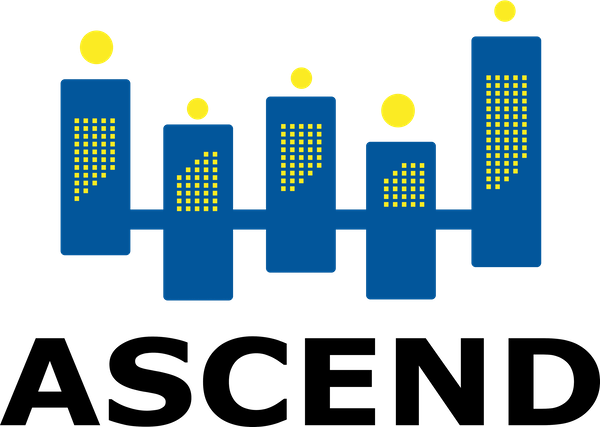ASCEND X NEUTRALPATH Joint Webinar: Business Models and Financing for PCEDs

On 5 December 2023, from 10:30 - 12:00 CET, ASCEND will be hosting a webinar together with NEUTRALPATH project. The webinar, entitled "Business Models and Financing for PCEDs" will discuss the needs and challenges of business models and financing for Positive and Clean Energy Districts, PCEDs.
Relevance of the topic
The design and implementation of a PCED is a complex process, involving multiple and different stakeholders, each with their own specific interests, limitations, and investment priorities. A successful PCED must provide value to meet stakeholder needs. To achieve this, the business models serve to capture, create, and deliver value, by leveraging the specific characteristics of the local context and the PCED goals. As there is no “one-fit-all” business model for a successful PCED, different business models and combinations need to be examined. For this reason, there is a compelling need to discuss challenges and share experiences among projects, stakeholders, and cities to explore innovative solutions.
Goals of the Webinar
The session aims to explore and discuss existing and innovative instruments to finance and business models to implement PCEDs with potential for application in the 13 cities involved in the projects.
The first part of the session will provide inspirations through the findings of previous initiatives and projects. Following, the floor will be given to the audience for a discussion focused on exploring the current approaches of the two projects, the challenges and opportunities already identified, and the exploration of synergies and connections to effectively implement these instruments within their plans to deploy PCEDs. The session will be highly interactive, with a wide dedicated time to the open discussion to encourage the attendees to share experiences, ask questions, and explore solutions.
Who can join?
The event is open for NEUTRALPATH and ASCEND consortia, project partners, and cities will be the main audience of the webinar, counting a total of 64 partners across energy companies, housing associations, universities, research institutions, networks of cities, SMEs and a total of 13 participant cities with public administration and supporting local partners.
